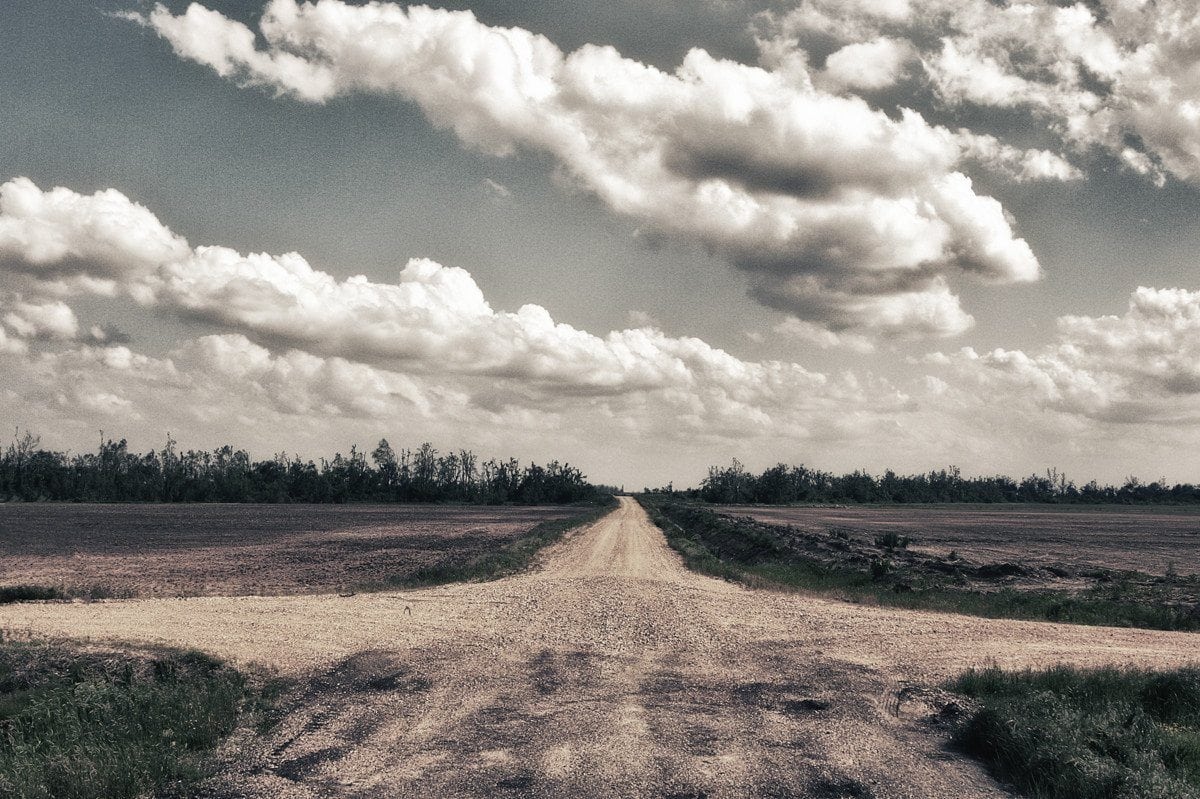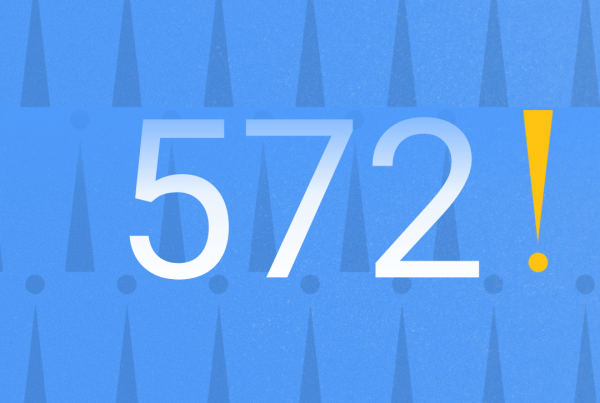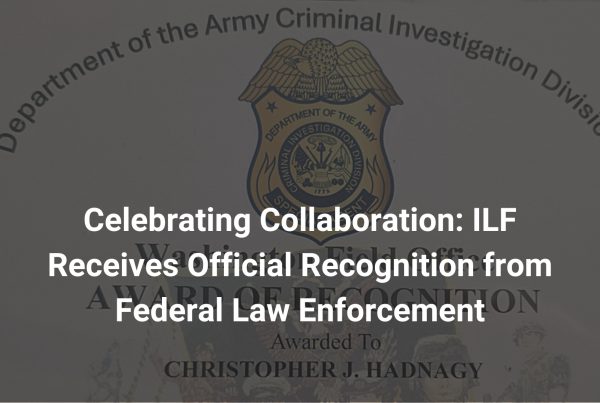Published: November 6, 2017
Any sort of sexual exploitation of children is sickening—we don’t need to tell you that. You might assume that the government cites that any form of sexual exploitation of children is illegal. However, this isn’t true.
According to the law, predators are only prosecuted if they get caught with actual or simulated content of minors engaging in sexually explicit conduct; this includes graphic sexual intercourse, bestiality, and lascivious exhibition of the genitals or pubic area, to name a few (a comprehensive list of “sexually explicit conduct” is available through the previous link).
Differences Between Child Pornography and Child Erotica
That said, what happens when actual or simulated sexual intercourse or lascivious exhibition of the genitals or pubic area of any minor isn’t present? Such as a child in a bikini, or poised in a position meant to be erotic but without the above defining pieces? This is called child erotica.
This means that prosecutors can’t charge a person for posting this content even if the genitalia or breasts are clearly displayed as long as simulated sexual intercourse or lascivious exhibition of the genitals or pubic area isn’t present and the age of the child in question isn’t obvious. It is up to the government to establish the elements of violation.
Although the law suggests child pornography and child erotica are mutually exclusive, they are not. Child pornography offenders typically possess child erotica as well. Because this takes place online, child erotica and child pornography can overlap, thus making the line between legal and illegal fuzzy.
Prosecution and Child Erotica
Therefore, it is highly unlikely that proof of child erotica can be the sole factor in obtaining a warrant to prosecute child pornography offenders. As you know, there must be probable cause to obtain a warrant, so at best, proof of child erotica can contribute to establishing probable cause—depending on the facts and circumstances surrounding the case. Typically, when trying to get a warrant, the investigator must also include their own experience and training to help justify probable cause in conjunction with the evidence. Best case scenario, the investigator creates probable cause by getting prosecutorial support to establish a connection between child erotica and an offender’s predisposition to child-based crimes.
Can we assume that with a warrant, everything is set, and the perpetrators will rot in prison? We wish. But the sad truth is that child erotica, in many cases, is still legal. This legality can discredit the warrant’s probable cause in a court of law.
We’ve seen this happen before, especially in the case of United States v. Paul D. Edwards. Paul D. Edwards was charged and convicted because of a warrant that used an affidavit from Task Force Officer Chris Cornwell, a seven-year veteran Deputy with the Tulsa County Sheriff’s Office who was working for Homeland Security Investigations; this affidavit explained how conversations with other investigators and his own experience caused him to understand that individuals connected to child pornography are likely to possess child erotica and participate in online forums of this nature. Following Edward’s conviction, he appealed on the grounds that there wasn’t sufficient probable cause because child erotica is legal. Although his appeals failed, the validity of child erotica as an element of probable cause was questioned.
How the Internet Impacts Perpetrators and Victims
The internet perpetuates and normalizes child pornography by hosting these communities through the dark web, a completely anonymous segment of the internet. These encrypted websites and usernames allow online child pornography communities to create camaraderie with one another. This has the effect of reducing shame that goes along with this behavior and desensitizing offenders to physical and psychological damage to the children. The increased content online creates demand for more while the online communities keep growing.
Edwards, among others, perpetuated child erotica and child pornography online. This abuse is permanently on the web, so these children never get to escape this nightmare. These children suffer from a lifetime of re-victimization because their abuse is available for the world to see. Most times, these children face lasting psychological damage which includes disruptions in sexual development, self-image, and the ability to foster trusting relationships in the future. They didn’t choose this life, yet they never get to escape from the consequences of another person’s actions.
Changing the Definition of Child Pornography
Several states have incredibly strict laws surrounding child pornography that make it increasingly difficult to combat child erotica, yet others are working to change the laws to include child erotica in the definition of child pornography. The states working to change their laws to include child erotica in the definition are commendable, yet this is an international issue, and there should be a change in definition.
So, how can you help?
- Donate to the Innocent Lives Foundation to help us unmask anonymous online child predators to assist in bringing them to justice.
- Write your senator or congressperson, and let them know this is an issue that needs to be fixed.





